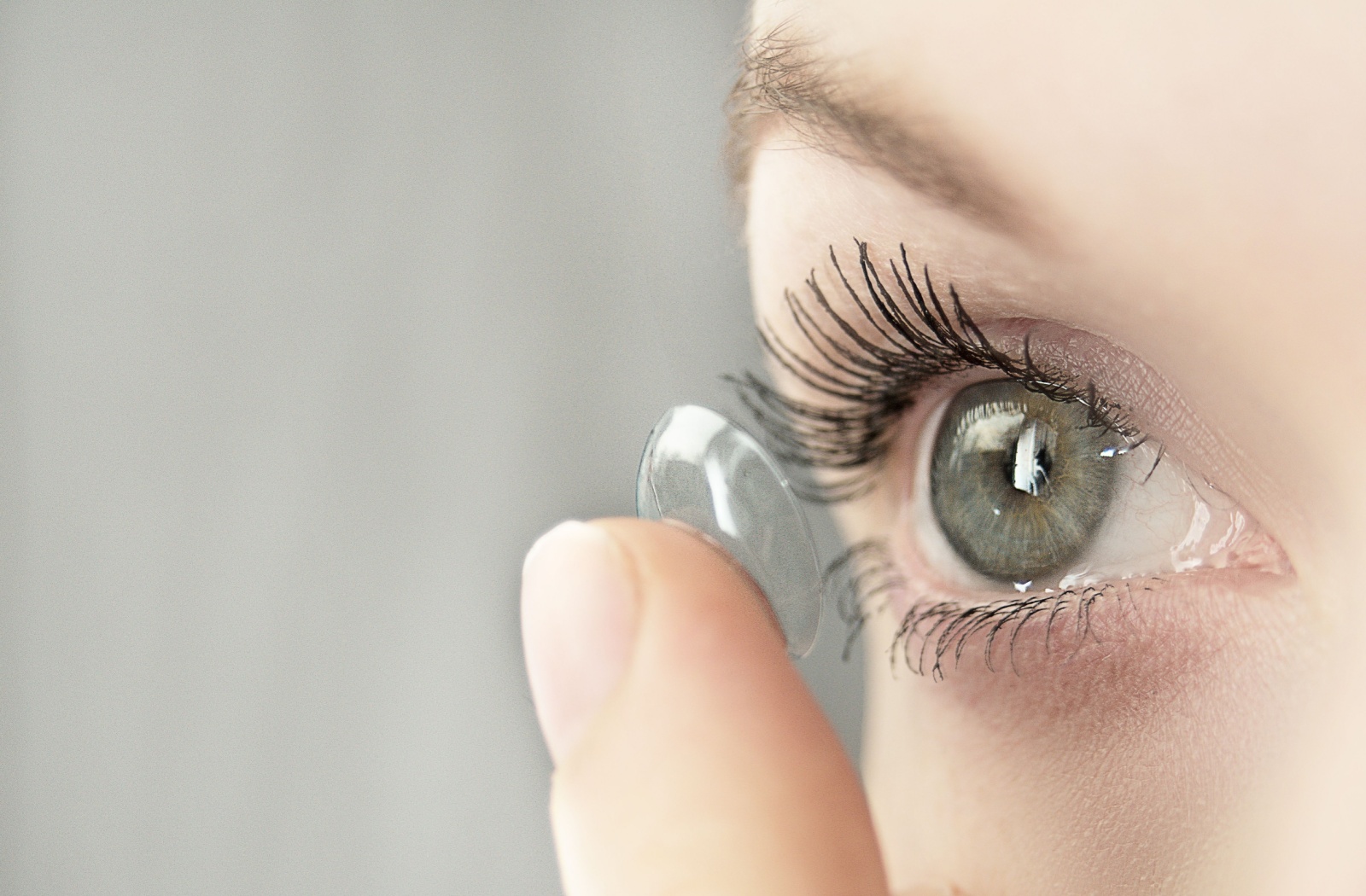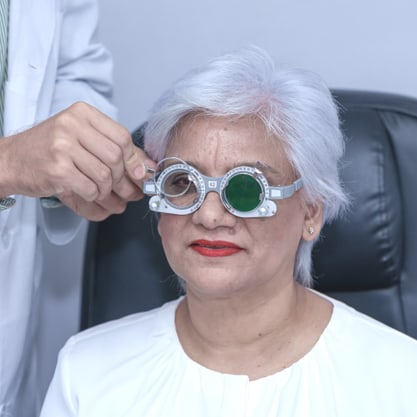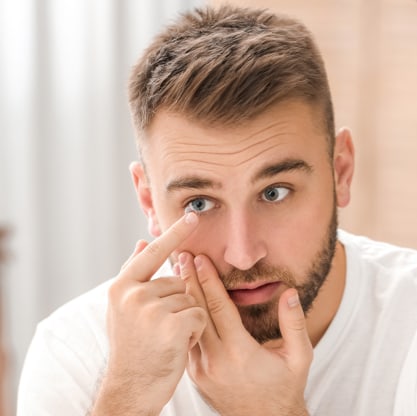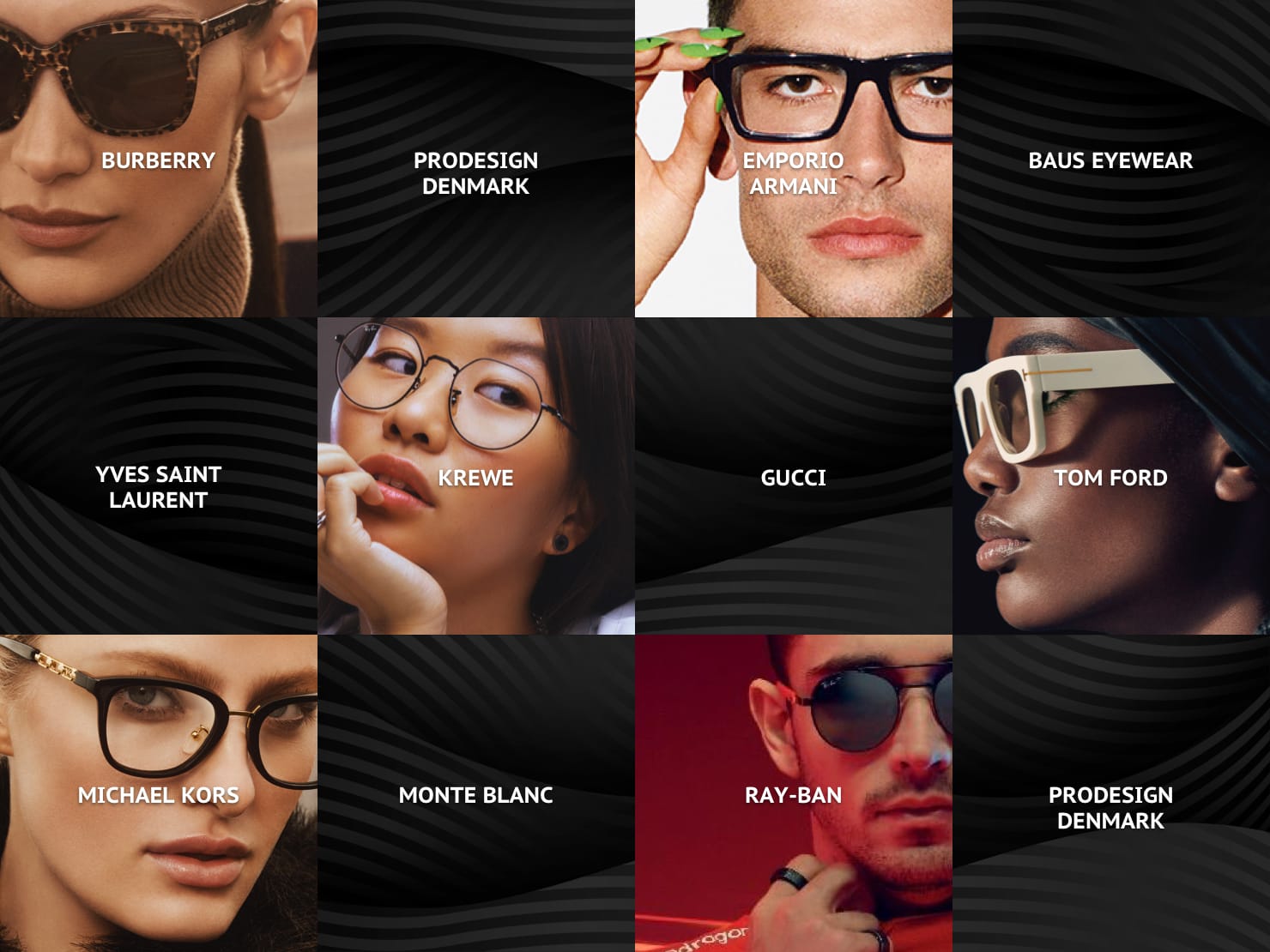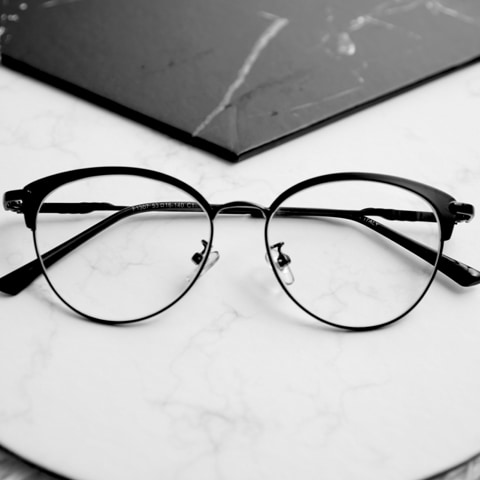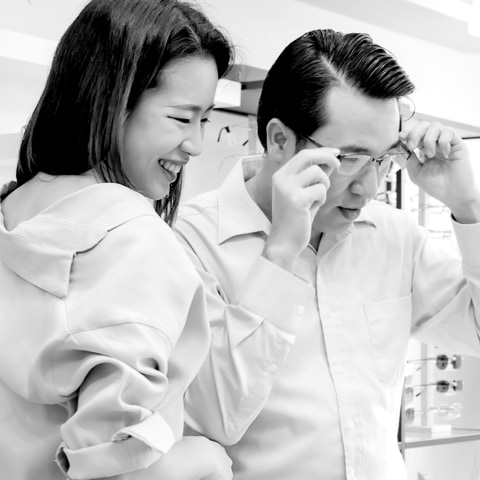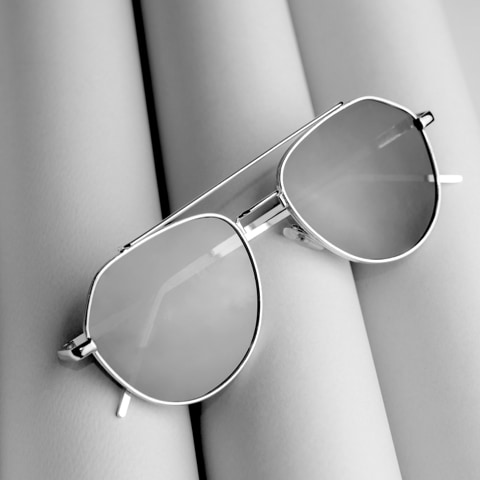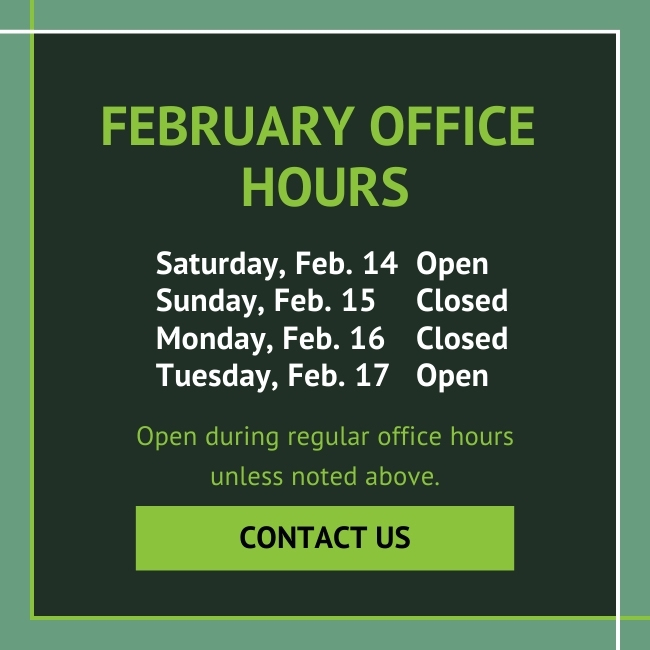Contact lenses offer a convenient alternative to glasses, providing clear vision without the frames. Daily disposable lenses are popular for their ease of use and hygiene benefits among the various types.
However, a common question arises, how often can you wear daily contacts? While it might seem harmless to extend their use, understanding the design and purpose of daily disposables is crucial for maintaining optimal eye health. These lenses are engineered specifically for short-term use and wearing them beyond the intended duration can lead to significant complications. Let’s explore the reasons daily disposable lenses are designed for one-day use and what risks come with extending their wear.
Understanding Daily Disposable Contact Lenses
Daily disposable contact lenses are specifically designed to be worn for one day and then discarded. Unlike reusable lenses, these single-use lenses do not require cleaning or storage, making them an attractive option for those who prioritize convenience. Each lens is crafted to provide a clean, fresh surface for your eyes every day, which helps minimize the accumulation of deposits such as proteins, lipids, and debris. These deposits, common in reusable lenses, can irritate the eyes and increase the risk of infection.
The materials used in daily disposables are another reason they are meant for short-term use. They are often thinner and less durable than lenses intended for longer wear. While this makes them more comfortable for daily use, it also means they lack the structural integrity to withstand extended wear without compromising eye health.
Why Are Daily Contacts Meant for One-Day Use?
The technology behind daily disposable lenses is tailored for single-day comfort and eye health. These lenses allow sufficient oxygen to reach your cornea during the day, but their oxygen permeability is not designed for prolonged wear. Extended wear reduces oxygen flow to your eyes, potentially leading to corneal hypoxia—a condition where the cornea is deprived of adequate oxygen. This can result in discomfort, redness, and even damage to the cornea if left unaddressed.
Alternatives to Daily Disposable Contact Lenses
For individuals seeking alternatives to daily disposables, several options are available:
Bi-weekly and monthly lenses: These lenses are designed for extended use, typically replaced every two weeks or monthly. They require diligent cleaning and proper storage to maintain eye health. Regular maintenance is crucial to prevent deposit buildup and reduce the risk of infections.
Rigid Gas Permeable (RGP) lenses: Made from durable materials, RGP lenses allow oxygen to pass through to the cornea, promoting eye health. They are often prescribed for individuals with specific vision needs and can last longer than soft lenses with proper care.
Extended wear lenses: Some lenses are approved for overnight wear, ranging from a few days up to a month. However, continuous wear increases the risk of complications, so it’s essential to follow an eye care professional’s guidance.
Risks of Extending Wear Beyond One Day
Using daily contact lenses for more than their intended duration can pose several risks to your eye health. While it may seem convenient to reuse lenses in a pinch, doing so exposes your eyes to potential complications that can be uncomfortable and even serious.
Eye infections are one of the most common risks of wearing daily disposables beyond a single day. These infections occur when bacteria, fungi, or other pathogens accumulate on the lens surface and transfer to your eye. Because daily lenses are not designed for cleaning, they lack the protective coatings that reusable lenses have to guard against microbial buildup.
Corneal hypoxia is another significant concern. When the cornea doesn’t receive enough oxygen, it can become swollen, leading to discomfort and blurry vision. Over time, chronic oxygen deprivation can cause long-term damage to your eye’s surface.
Other risks include increased dryness and irritation. Daily lenses are designed with high water content to maintain comfort throughout the day, but this moisture diminishes after extended use. Wearing a lens past its lifespan can exacerbate dryness, leaving your eyes feeling gritty and uncomfortable.
How to Maintain Proper Contact Lens Hygiene
Maintaining proper hygiene when using contact lenses is essential to protect your eyes and keep them healthy. With daily disposable lenses, the good news is that the hygiene routine is relatively simple. Start by always handling your lenses with clean hands. Wash your hands thoroughly with soap and water, then dry them with a lint-free towel before touching your lenses. This minimizes the risk of transferring dirt or bacteria to your eyes.
Each morning, insert a fresh pair of lenses. This eliminates the need for cleaning solutions and storage, which are necessary for reusable lenses. Never attempt to clean or reuse daily disposables; they are not designed to withstand the cleaning process and may become damaged.
Avoid wearing your lenses longer than recommended, even if they still feel comfortable. Daily disposables are engineered to provide optimal comfort and vision for a single day. Extending their use compromises their performance and increases the risk of complications.
Finally, if you experience any discomfort, redness, or blurry vision while wearing your lenses, remove them immediately and consult an eye care professional. Regular eye exams are also critical for ensuring your prescription is up-to-date and your lenses are meeting your vision needs.
Prioritizing Your Eye Health
At Sage Eyecare, we’re here to support your eye health with personalized care.Wearing daily disposable contact lenses beyond their intended use is not worth the potential risks. By adhering to proper usage guidelines and prioritizing good hygiene, you can enjoy the benefits of clear vision and healthy eyes.
If you have questions about your contact lenses or need assistance choosing the right type for your lifestyle, schedule an appointment with our team at Sage Eyecare. Your eye health is our priority, and we’re here to provide expert guidance for all your vision needs.


